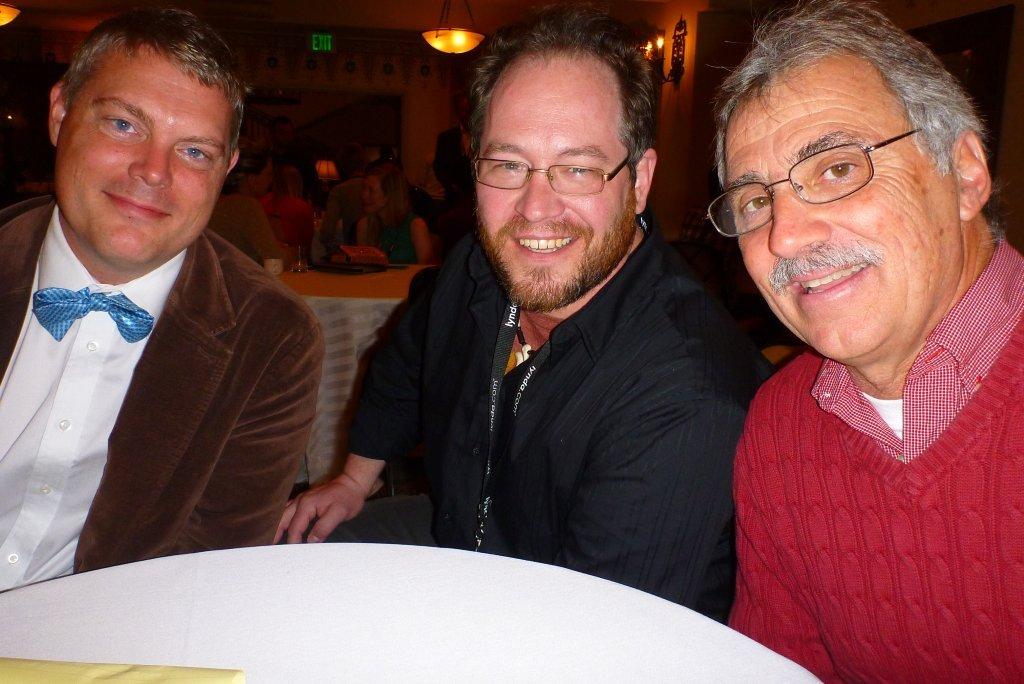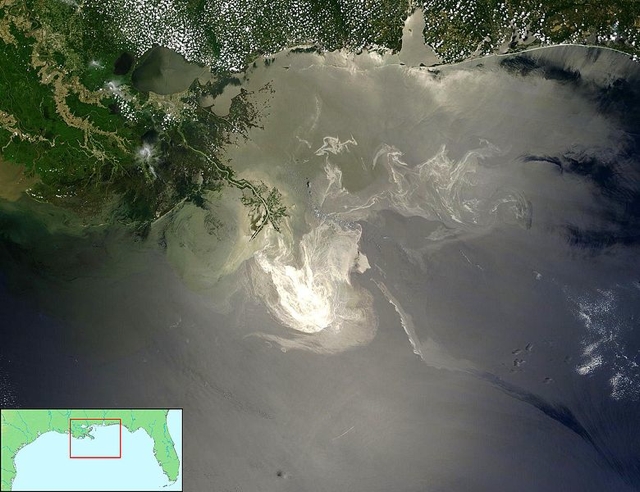Dirty Energy Interview
A Discussion with Director Bryan Hopkins
Dirty Energy is a documentary about the very personal and economic effects of the Deepwater Horizon spill that continue to persist to this day. It’s up as one of the nominees for the Fund for Santa Barbara’s Social Justice Award for Documentary Film, and the doc’s filmmaking team as well as some of its on-screen heroes have been making an impressive number of rounds with media and fest-goers. This interview is at least the fourth time it’s been mentioned on Independent.com, and following the Wednesday afternoon screening at 4:40 p.m., there will be a casual reception at the new home of Antioch University on the corner of Anacapa and Cota streets, starting at 7 p.m., with director Bryan Hopkins as well as stars Margaret & Kevin Curole, Riki Ott, and Ryan McVay in attendance.

Hopkins recently answered some of my questions via email.
What brought you down to cover the Gulf spill?
What lead me to the Gulf was the overwhelming need to do something after watching Oil TV for a month. I was angry at the mismanagement and empathized with the plight of Gulf residents. I know the story needed to get out and that the mainstream media would never be able to shine a real light on the true struggles of the region due to the fact that they are depressing and not what people what to hear on the nightly news. However, it is the story people need to hear! People need to be uncomfortable. The pain they feel is personal to them. My goal was to just make their story personal for the rest of America.
How did you decide which characters to focus on?
Since Louisiana has been stuck with the short end of the stick more than once in our nation’s history, people in the region have become quite good at articulating what’s wrong and what they need to fix the situation. They deeply want to fix things. I have found them to be a strong and independent people. Sadly, this disaster requires more than elbow grease and pulling up their boot straps. It requires people pulling back the wool from her eyes.
The people that I interviewed and included in the film are simply the people with the most genuine, compelling and authoritative people I could find in the month-and-a-half of living in the region.

How long will it be before we really understand the long-term ramifications of the spill?
Riki Ott is really the expert on this subject. But based on what we saw from the Exxon Valdez oil spill, it will be at least five years before we know the full extent of the environmental damages to just the base of the food chain. The greatest damage is yet to come if we look at the Valdez example. The herring didn’t collapse until four years after the spill.
What’s being done to make sure something like this doesn’t happen again?
Nothing! Until we get money out of politics and fight corporate personhood, we the American people will be the least important piece of business conducted in congress. Campaign finance reform is where we must focus our fight. The capitalistic model is based on incentives. Right now, the incentives in Congress puts power in the hands of business.
Dirty Energy screens on Wednesday, February 1, 4:40 p.m. at the Metro 4.



